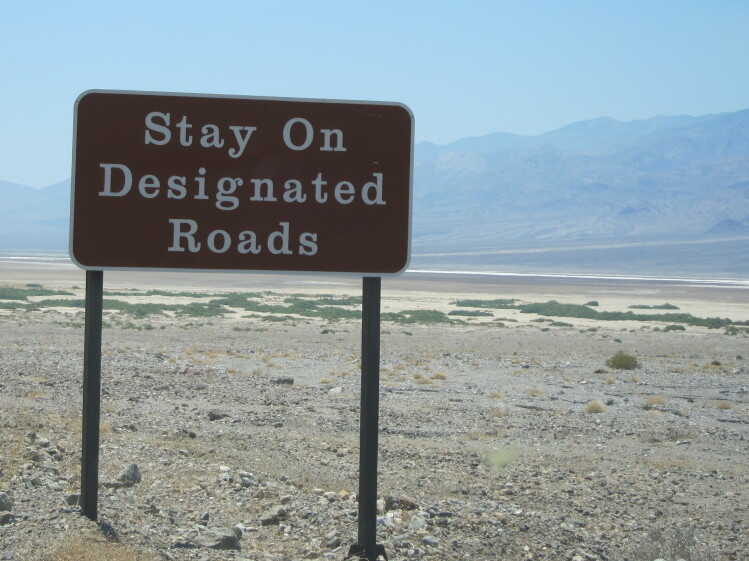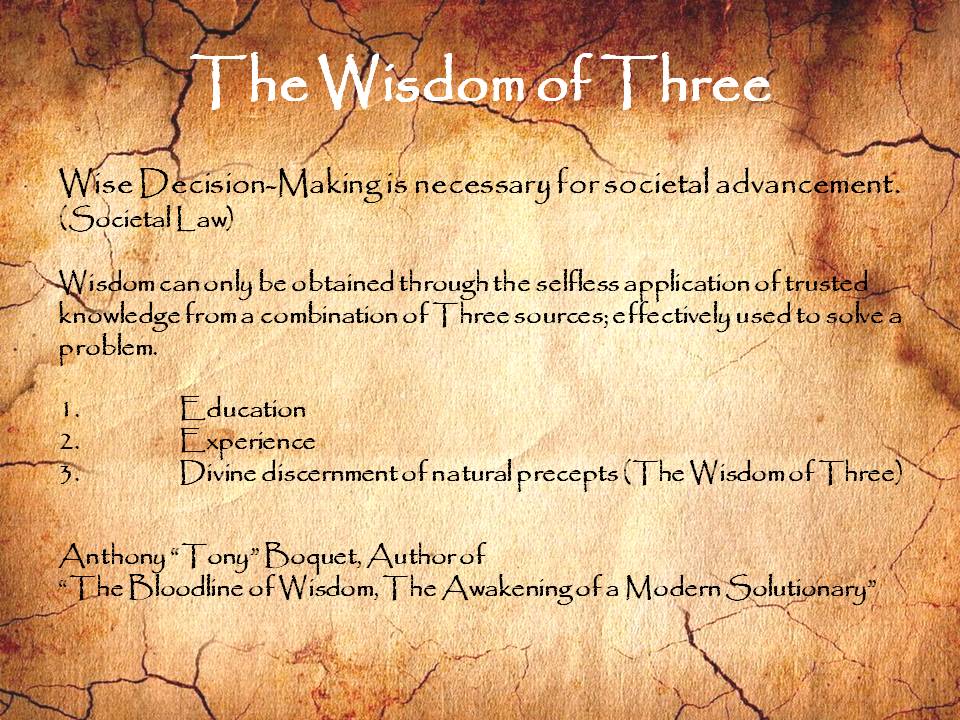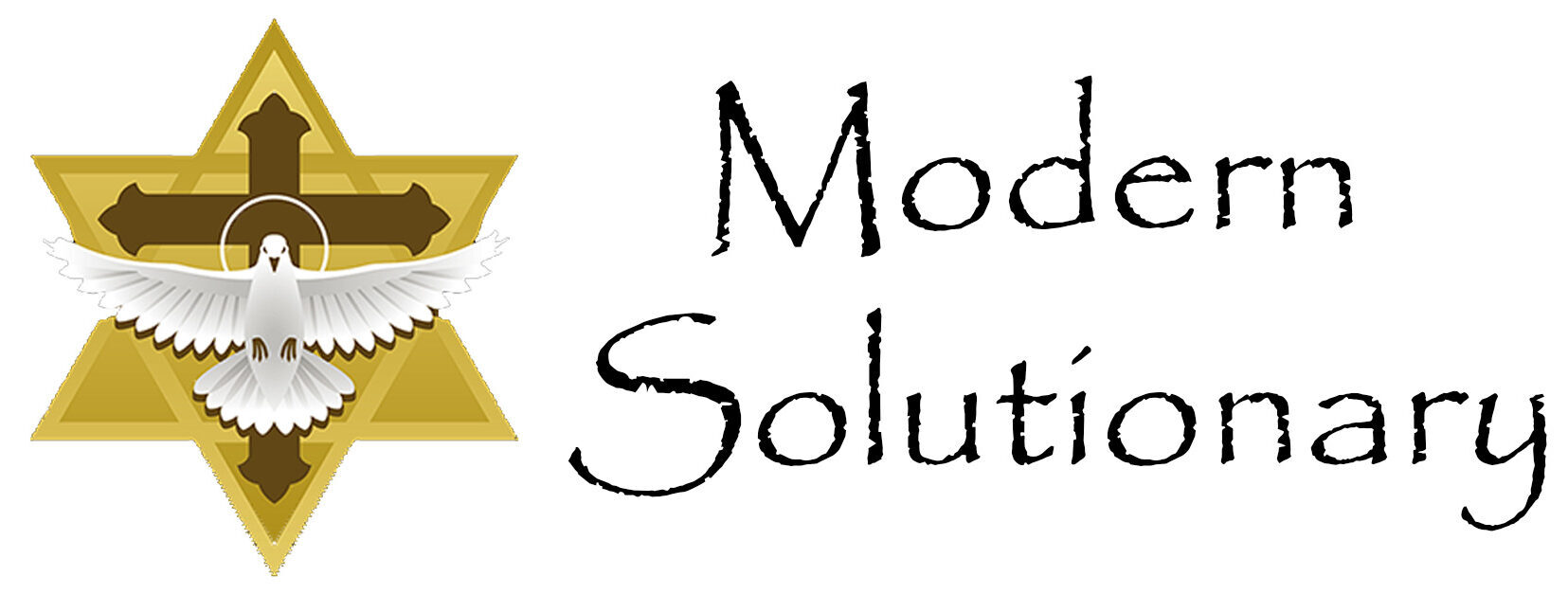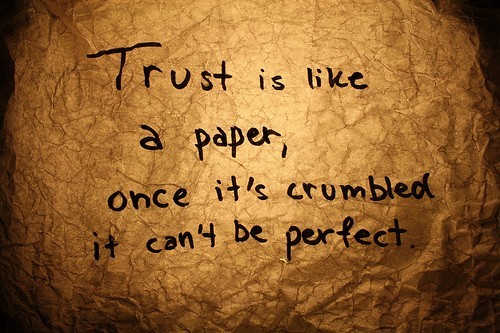
In recent years there has been a tremendous amount of controversy about the American media, and something called “Fake News”. When I was young; fake news existed but it was called lies, not news. We were raised, not to put much stock in things we read, heard on the radio, or saw on the television. Instead, we depended on something more important; something called trust and it was not given, it was earned.
Fast forward a few generations and along comes this little thing called the Internet. Over time it has grown exponentially from a couple of hundred searchable sites into a massive repository of information. Gone are the old paper books of encyclopedias along with their searchable indexes. Here to stay is the with-you-always, ever present, all-knowing entity of Google, Bing, or Siri; just to name a few.
I cannot tell you how often someone has told me that they learned something on the Internet. As someone who places a high value on education, I am always happy to hear that we, as a people, are still interested in learning. It does, however, bring into question the quality of the content being relied upon without two of the three sources of knowledge, experience and ethical / moral discerned values. The level of unwarranted trust placed on this education alone could present more problems. It may be decades before we truly know the ultimate price society paid for this massive shift away from the reliance of an experienced, value based trustworthy source of knowledge.
Are we trading the importance of trust for convenience, the unlimited and unimaginable abundance of quantity?
Without trust, what good does this vast information really serve?
Without a doubt, the Internet has broadened the scope of our knowledge. At the touch of a finger, from anywhere and at any time of the day or night, we can scour the endless resources of information like never before. However, we should never forget, that this information or education is comprised of all levels of accuracy. Some reliable, truthful, and factual with an equal amount being conniving, manipulative, and deceiving. Furthermore, the sheer volume of the material along with the speed new data is added makes sorting, classifying, and justifying the truths from the lies almost impossible. Education is just one of the three sources of knowledge we need to make the best decisions.

To emphasize this point. let’s consider a widely used feature of technology, the Global Positioning System. Today, everyone who drives a car or a bike or walks in a strange city; uses the GPS feature on their phone to get from point A to point B. By simply entering the locations into the program, it calculates the turn-by-turn directions for the trip. No longer do we need to decide the course of travel, the system does it for you and at fifty-five miles per hour we blindly trust this computer software. Even though there may be multiple routes to get you where you are going, the system can be allowed to make the choices for us.
Why do we explicitly trust this technology without a second thought?
Should we trust the facts of any decision that effects our safety without also referencing past experience or the ethical and moral sources of knowledge?
I know, from personal experience, a GPS location is not always “correct”. In other words, this trusted source of guidance is not always true and even when it is true, it might not always be safe. I have been brought to the wrong location many times and in some cases the program selected roads that were unsafe to travel. As a motorcycle enthusiast, I have been placed on gravel roads that presented serious hazards to an unsuspecting motorist. Still, we trust this information as we would a loyal experienced friend. Further, when traveling in large cities, the selected route can bring you down dark deserted alleyways or through unsavory neighborhoods. Streets you would not select if you knew the area nor would you ever suggest this path to someone asking you for directions.
So, even with all the facts, we can still make bad decisions without the experience and caring guidance from an ethical and moral person. We must realize that even in today’s education rich world, any source of knowledge should be verified before being earning the stamp of trust.
If this is my last post, I want all to know there was only one purpose for all that I have written; to have made a positive difference in the lives of others.
Anthony “Tony” Boquet, Vice President, Education & Development at The American College of Financial Services and the author of “The Bloodline of Wisdom, The Awakening of a Modern Solutionary”


Tony. As always you have done a great job of teaching us the underlying issues with information dissemination today. Trust. Most of us get our experience with age, so that leaves education and discernment, which takes time and effort.
By the way, I am almost done with your book. Excellent read. Very thought provoking. Thank you.
Thanks Bruce! I hope you take the time to write a review on Amazon and I will be glad to feature it on this site as well.